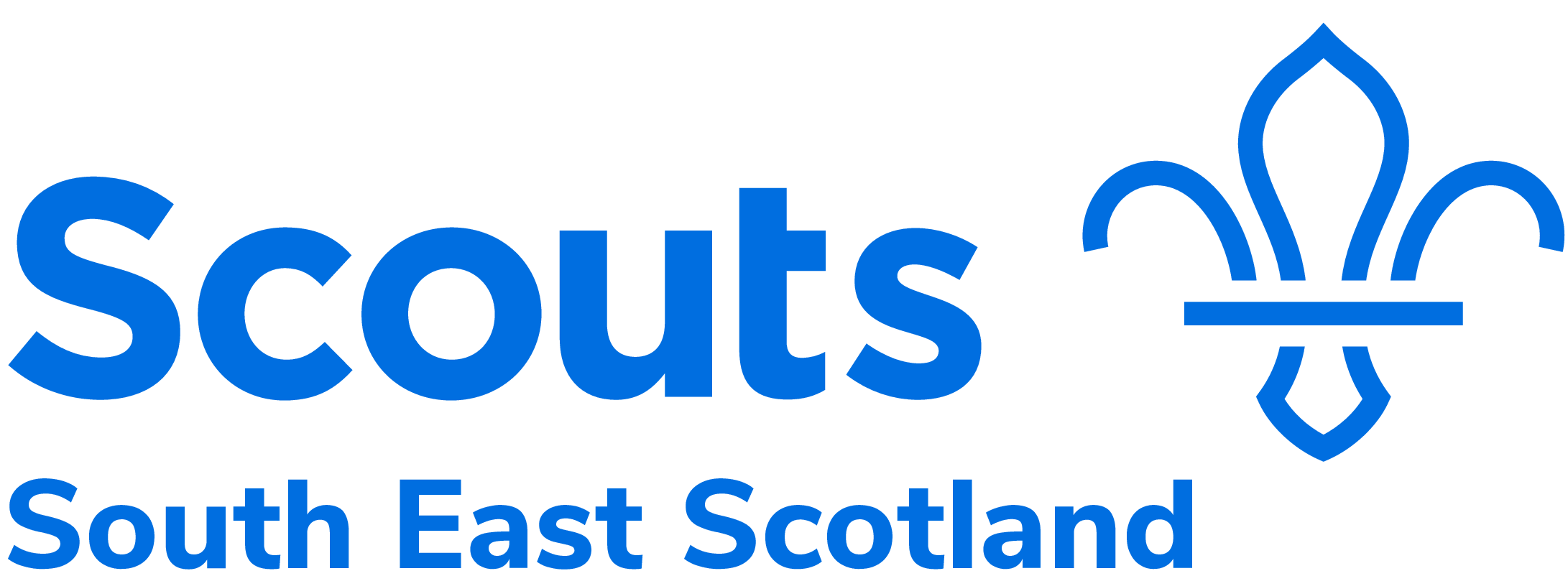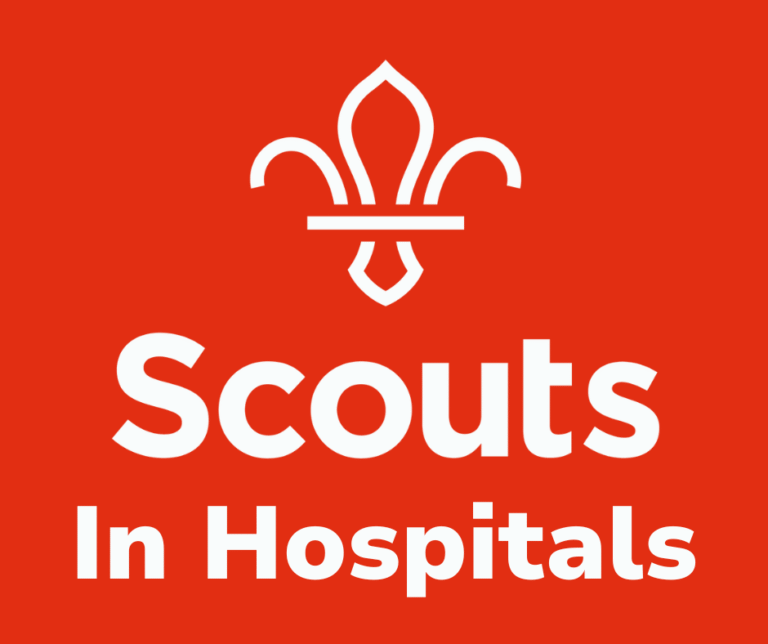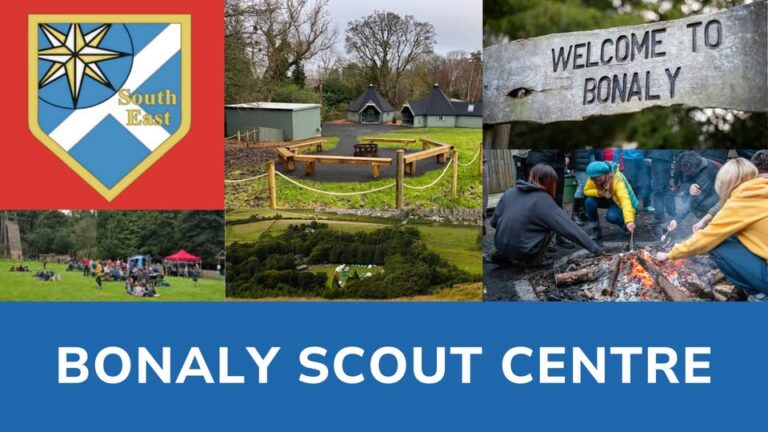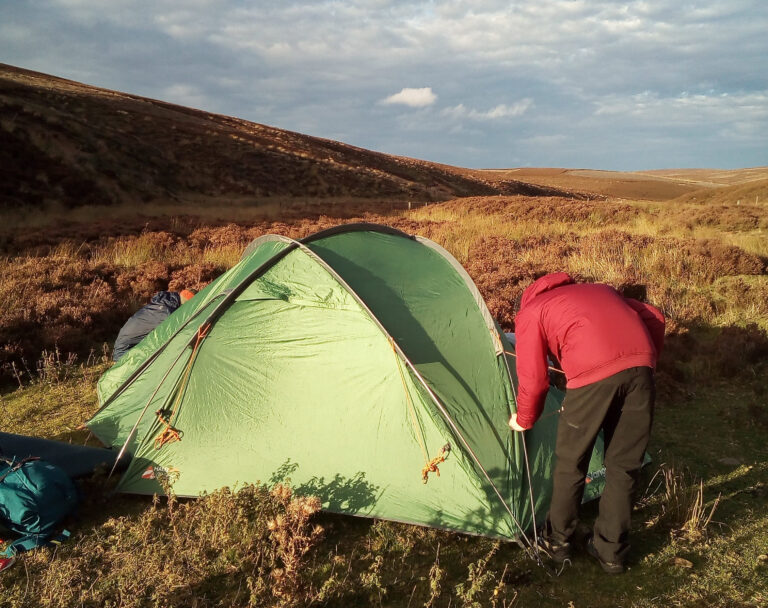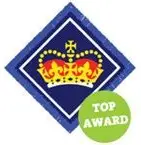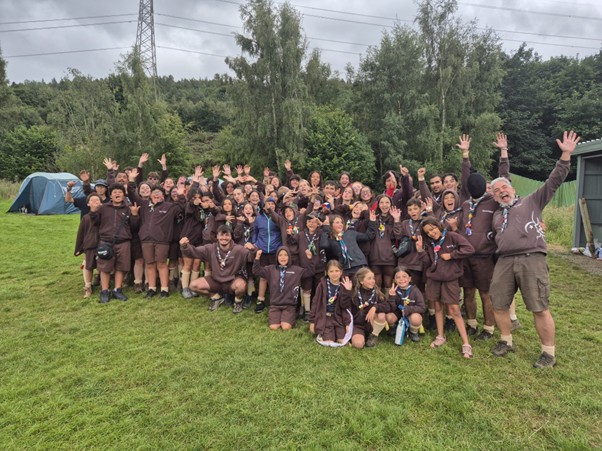
Martin Elliot
Lead Volunteer for South East Scotland
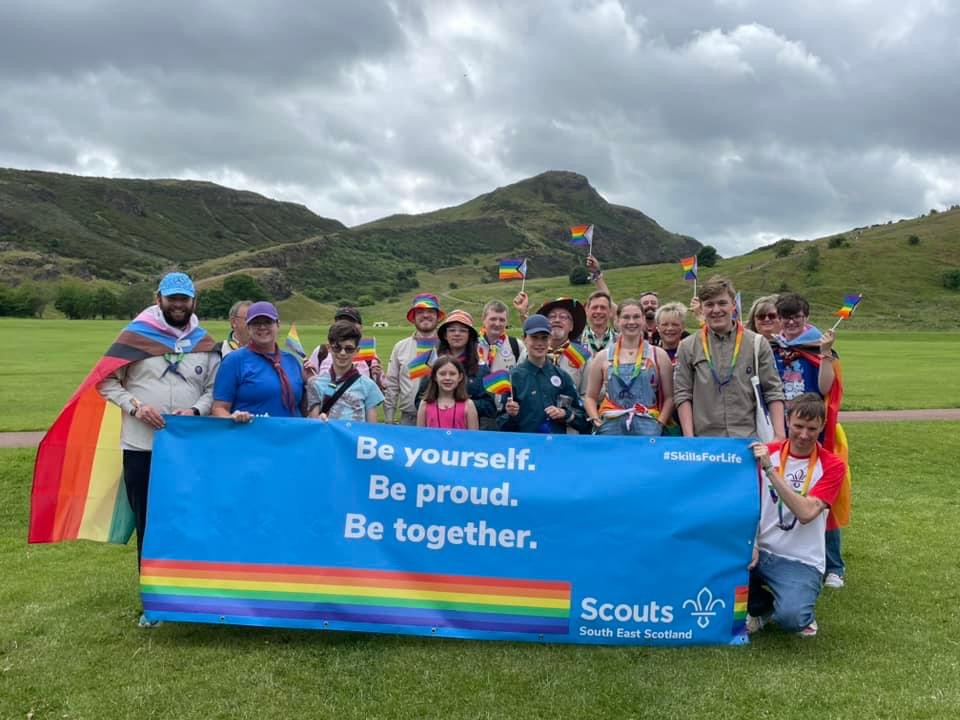
As we are currently in Mental Health Awareness month and approaching Pride month in June, it is a time when we see inclusion given a higher profile as companies and organisations display rainbow colours and feature diversity more prominently.
However, in South East Scotland this isn’t just something that we focus on for a month, it is a focus all year round. When I became Lead Volunteer 4 years ago I made it a key priority to make Scouting in the Region more representative of our communities and to remove barriers that prevent anyone being able to be part of Scouting.
Our latest Census figures show that we are becoming more representative of our communities (see charts below) – in particular a sizable improvement in our gender mix. Our diversity as a Region should further improve with the establishment of our first Ukrainian Scout Group and Scouting in Hospitals.
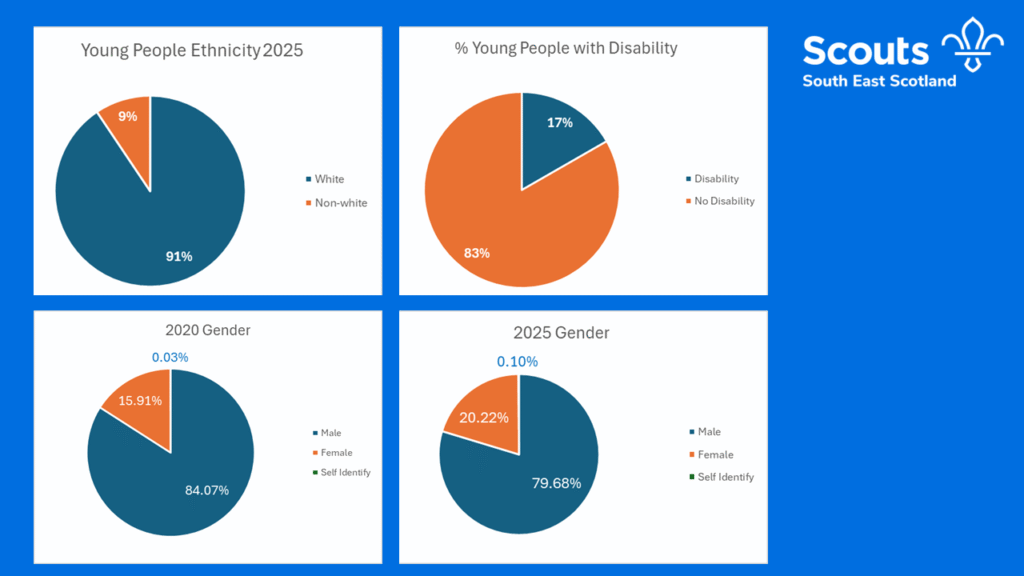
How do we build on our progress?
I could finish my update here with our positive progress – which is only possible due to the hard work of volunteers and staff across the Region and should be celebrated – but we have to recognise that there is still work to do and that the progress that we are seeing is not the same across the Region.
I am disappointed when I hear volunteers in the Region downplaying the importance of inclusion or in some extreme cases even fighting against it so I want to be clear that in South East Scotland Scouting is for all young people and volunteers irrespective of their gender identity, their race, their sexuality, their background or their additional support needs. Therefore, if you are actively preventing this by not allowing girls in your group or putting up obstacles to particular communities being part of Scouting then you probably need to consider whether Scouting is the right organisation for you.
We recently gathered officebearers from all 7 districts for a workshop to look at areas of focus and how the Region and others can support with this. I was delighted that Alison, our Regional Inclusion Lead, was invited to present at it, celebrating some of the success that we have had but also sharing some ways that districts (and groups) can help to improve inclusion locally.
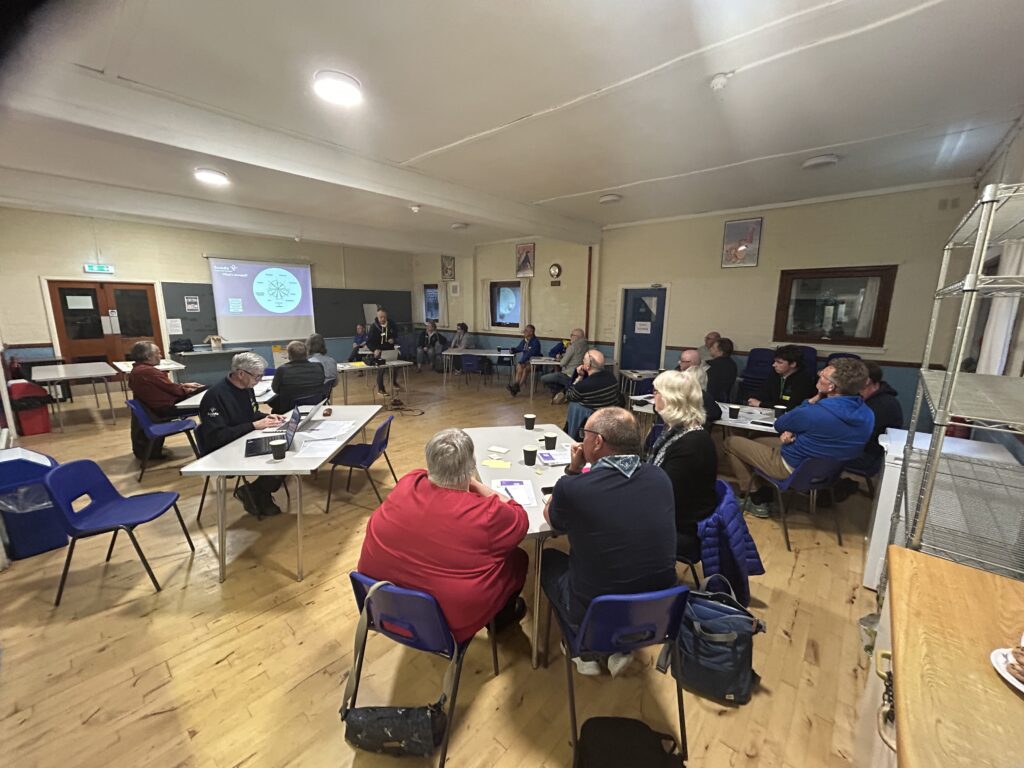
How We can Support Inclusion
- Make inclusion part of your vision and strategic priorities, ensuring it is reflected in all decisions and plans.
- Lead by example, ensuring the District/Group is welcoming, respectful, and representative of the communities the it serves
- Provide funding for inclusion-related needs, such as:
- Transport for young people who face barriers getting to meetings.
- Additional equipment or adaptations for young people with disabilities.
- Uniform grants or fee subsidies for families in financial hardship. The Regional Uniform Bank could help.
- Support adult volunteers with training or materials that promote inclusive leadership and understanding of diverse needs.
- Encourage inclusive language, imagery, and storytelling in communications, events, and materials.
- Celebrate diversity through events, heritage months, and visible support for LGBTQ+, neurodiverse, disabled, and ethnically diverse members.
- Promote inclusive policies and practices—for example, allowing flexible volunteering, being sensitive to cultural and religious needs, and promoting gender-inclusive facilities
- Identify underserved communities in the District and support outreach to schools, faith groups, or community organisations that serve them.
- Remove practical barriers to participation, such as inaccessible buildings, inconvenient meeting times, or complicated administrative processes.
- Encourage diversity in leadership by proactively welcoming adults from all backgrounds and supporting their development into trustee or leadership roles.
- Gather data (where appropriate and legal) on demographics of volunteers and young people to understand where inclusion can be improved.
- Seek feedback from volunteers, parents, and young people about their experiences—especially those from minority or marginalised groups.
- Act on findings to remove barriers and adjust practices.
Challenge discrimination or exclusionary behaviour, whether overt or subtle
Ensure safeguarding policies are inclusive and protective of all identities, including LGBTQ+ young people and those with additional needs.
- Review trustee recruitment practices to ensure a broad pool of people are encouraged to join the board—including younger trustees, parents, and people from diverse backgrounds.
- Provide DEI (Diversity, Equity, Inclusion) training for all trustees so they understand their role in fostering inclusion.
- Work with Regional and National Inclusion leads for support, resources, and training.
- Share good practice with other Districts or Groups to learn from their experiences and inspire improvement.
- Highlight stories of inclusive Scouting in newsletters, events, and awards.
- Recognise volunteers who go above and beyond to create welcoming spaces for all.
If you have questions or would like support with any inclusion areas please reach out to Alison at alison.robertson@sesscouts.org.uk
The Inclusion Team is working on a number of initiatives to support inclusion in the Region:
- Let’s Talk About Series – Covering key inclusion topics
- Edinburgh Pride – I am really excited that South East Scotland Scouts will be attending Edinburgh Pride again this year.
